FUNDAMENTALS OF PLANT-BASED CUISINE
52 hours
Focusing on fundamental culinary techniques and criteria for selecting quality ingredients, this course will offer an introduction to the foundation for preparing plant-based, whole-foods cuisine.
Course highlights:
- Knife skills training.
- Principles of food science.
- Culinary techniques including sauté, roast, blanch, braise and pressure cook.
- Exploring the health benefits, healing qualities and versatility of sea vegetables and how to prepare them.
- Dishes include: arame strudel, wakame salad with orange and coconut-lime flan.

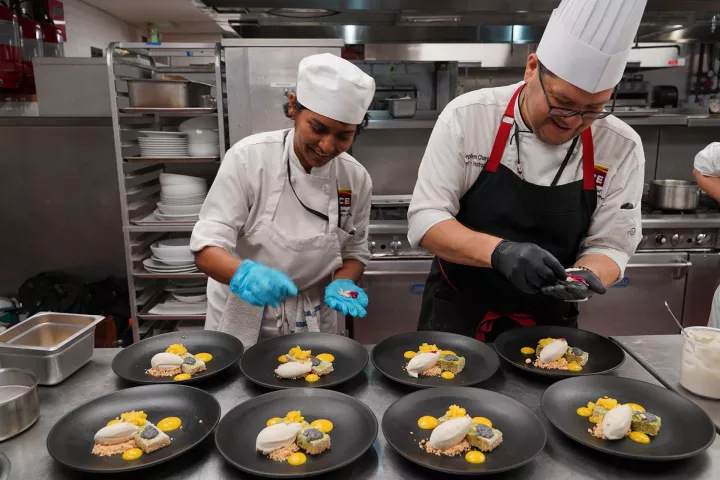
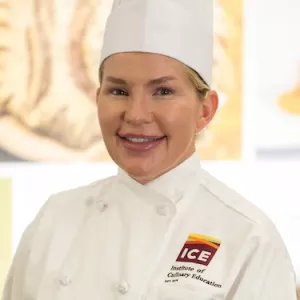
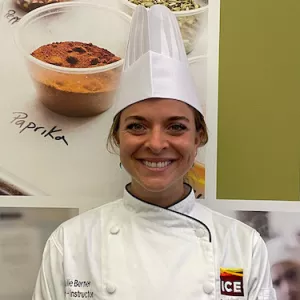
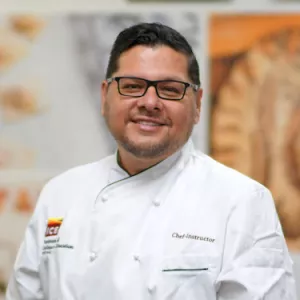
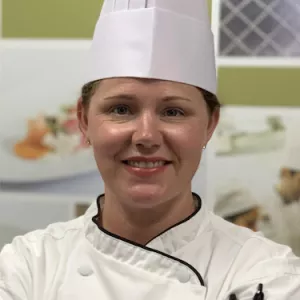
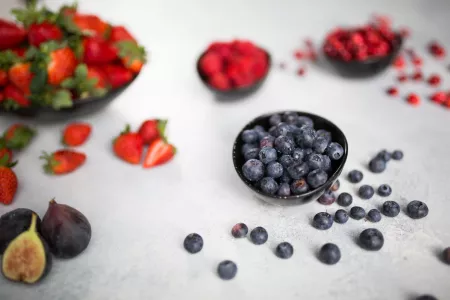
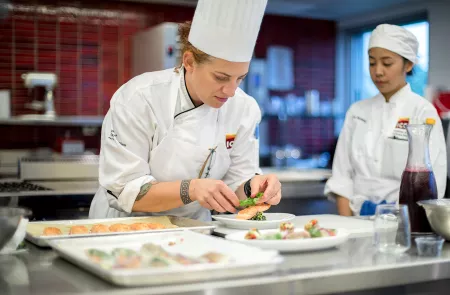
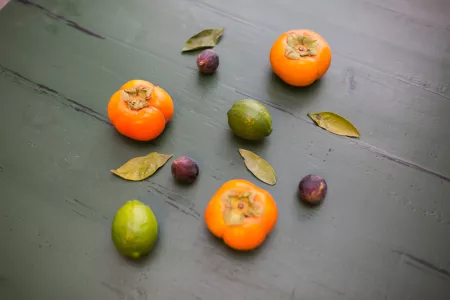
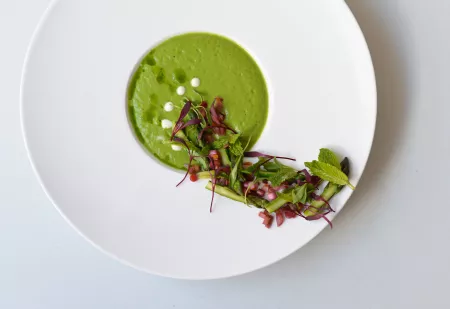
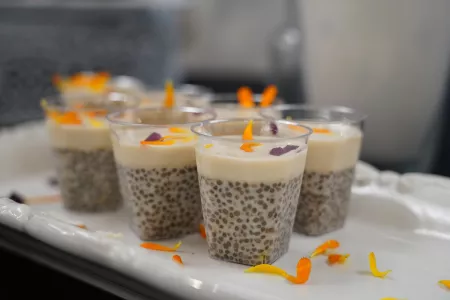

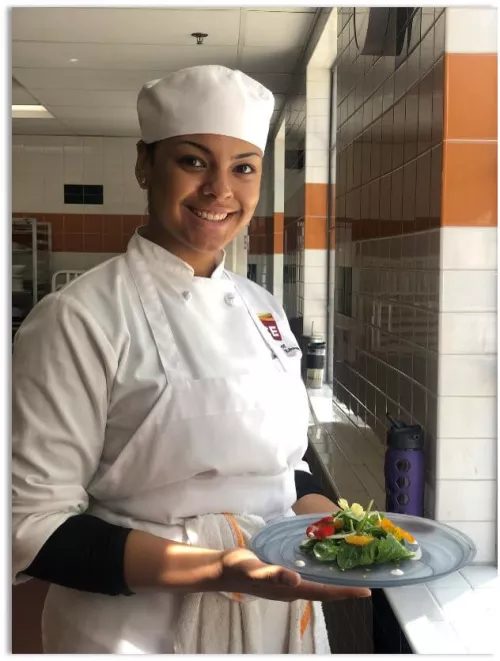
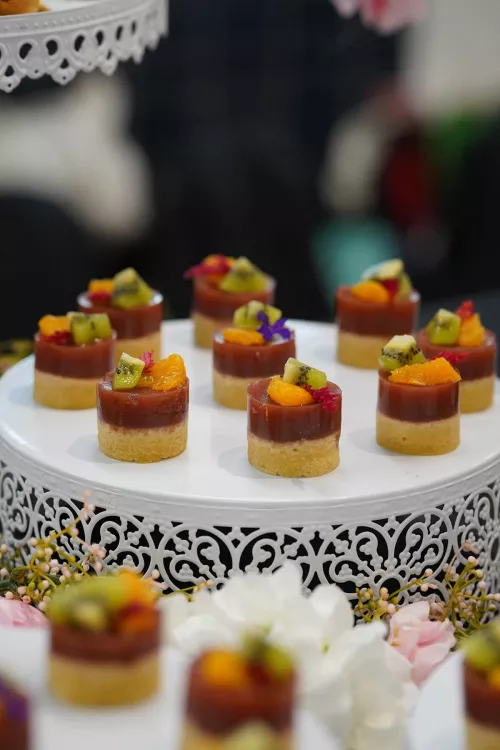


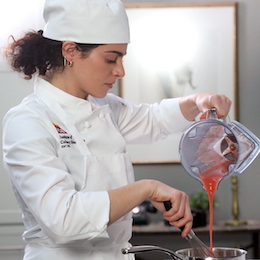 "I enrolled in the Plant-Based Culinary Arts program because I was vegan for four years and I felt like it was always more creative — there were a lot of different things you could do with it. I found ICE and I felt like it was a perfect fit for me."
"I enrolled in the Plant-Based Culinary Arts program because I was vegan for four years and I felt like it was always more creative — there were a lot of different things you could do with it. I found ICE and I felt like it was a perfect fit for me."

